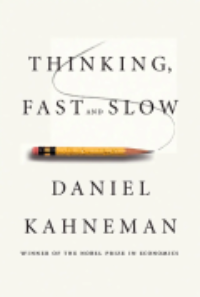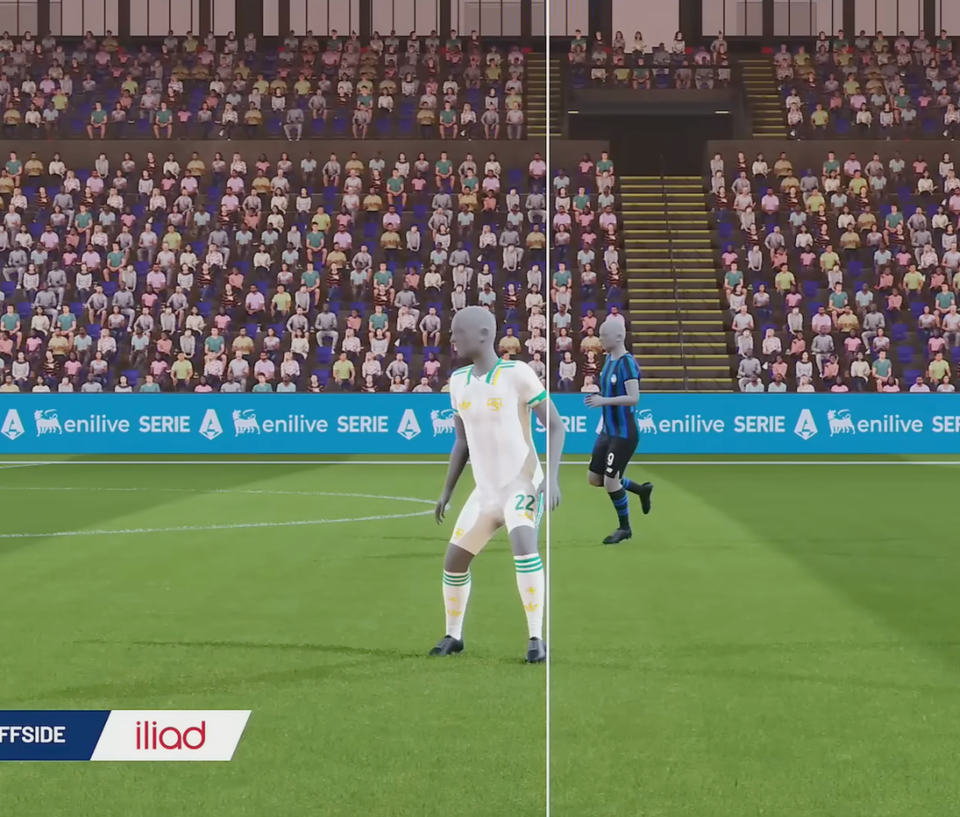Kahneman's last decision
How Dan Kahneman died


Dan Kahneman, a giant in behavioral economics, died last year at the age of 90.
It wasn't until this year, through a recent article by Jason Zweig, that the public learned of the nature of his death.
Kahneman had made a decision to end his own life via assisted suicide. He had spent the last weeks of his life with his closest family and friends vacationing in France before flying to Switzerland.
Some close friends were informed about his plan, and some had privately tried to talk Kahneman out of it. He was having kidney trouble, although not gravely ill. Jason speculated that in deciding to end his own life, he may have been putting his own research findings to practical use.
The peak-end rule came from one of his celebrated experiments. It showed that people's memory of an event depends on the peak magnitude of the pain (or pleasure), as well as the magnitude at the end, while the duration of pain (or pleasure) matters less. Thus, he may have wanted to create a happy ending to his accomplished life, a sort of quitting while one is ahead.
***
Assisted suicide is a controversial topic. Strangely, the descriptor "assisted" draws attention to the doctor or person helping to make it happen, rather than the person who has decided to end his or her own life. Is "premeditated" a better word? Or is it redundant, as "suicide" already implies planning?
I feel like the means can't be the main feature here. Does it make a difference if he had jumped out a building or chosen a means that involves other people? Are there more acceptable ways to do it than others?
Perhaps the distinction is in the reason for ending one's life. We may be more sympathetic to the terminally ill, and less so to the jilted lover.
I like how Kahneman framed it as a personal decision.



